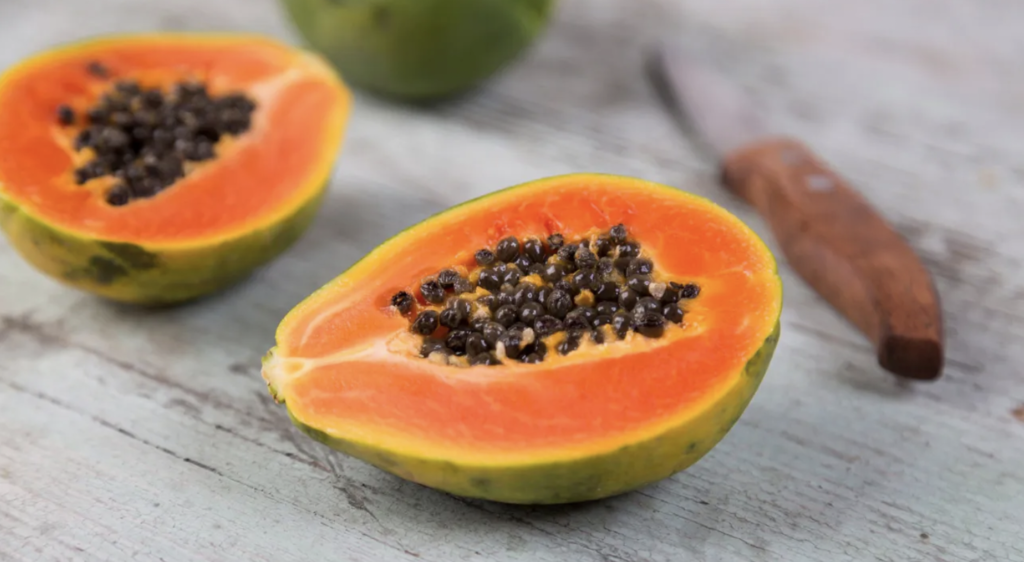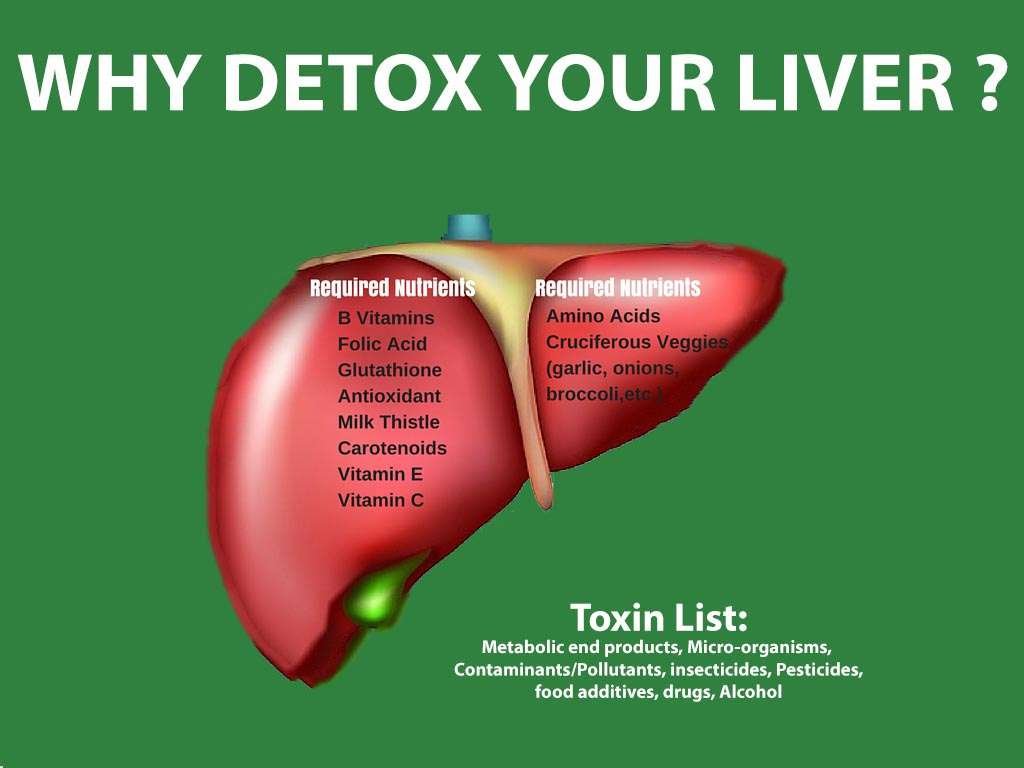Intermittent fasting could cause cancer, heart complications
Fasting may be detrimental to fighting off infection and could lead to an increased risk of heart disease, according to a new study by the Icahn School of Medicine at Mount Sinai.
Fasting diets may increase the risk of cardiovascular disease and cancer, a new study has said.
Skipping breakfast may be bad for the immune system, making it more difficult for the body to fight off infection, research has revealed.
Researchers say the study, carried out in mice, is among the first to show that skipping meals triggers a response in the brain that negatively affects immune cells.
The findings could lead to a better understanding of how chronic fasting may affect the body in the long term.
Researchers aimed to better understand how fasting for anything from a few hours to a more severe fast of 24 hours affects the immune system.
Time-restricted eating is a form of intermittent fasting that involves having a shortened period of time for eating in a day.
What you need to know:
- In recent years, intermittent fasting has emerged as one of the most hyped trends for curbing eating habits as well as losing weight.
- It entails an individual limiting their caloric intake to specific days in a week or specific hours in the day.
If you have been trying to lose weight, chances are that you have tried out intermittent fasting.
Most people including acclaimed personalities swear by intermittent fasting as one of the most efficient ways to get rid of belly fat.
However, scientists have linked intermittent fasting to cancer and heart diseases in a study published in the Immunity Journal.
The research revealed that skipping breakfast may be bad for the immune system, making it more difficult for the body to fight off infection. In the study, white blood cells (WBC) were seen to drop to 90 percent as a result of skipping breakfast. WBCs, also known as immune cells, play a significant role in the body by controlling inflammation, eradicating damaged cells as well as combating diseases.
Skipping meals tends to trigger the brain to release a stress response, which affects the immune cells negatively, as explained by the Mt Sinai-based experts.
The research conducted on mice is one of the initial studies to link meal skipping to immunity complications, according to the group of immunologists.
Previous studies have linked intermittent fasting to longevity.
“Immune cells are important to diseases such as cancer or heart diseases. It is critical to understand how their functionality is controlled,” explains Dr Swirski, the lead researcher.
In recent years, intermittent fasting has emerged as one of the most hyped trends for curbing eating habits as well as losing weight. It entails an individual limiting their caloric intake to specific days in a week or specific hours in the day.
The most popular plans are the 14:10 and 16:8 whereby an individual only eats within a window of 10 hours each day.
Other strategies include alternate day fasting such as 4/3 and 5/2 diets. In both dietary plans, a person consumes food for four to five days while on the other two or three remaining days every week, they restrict their food intake to 500 to 600 calories.
Intermittent fasting enthusiasts hold that, other than causing weight loss, the diet plan also reduces inflammation and can also make people live longer.
“There has been a growing awareness about the health benefits of fasting. Indeed, evidence is plentiful about fasting benefits,” state the experts.
“Our study, however, gives caution since it implies that fasting may also have a cost that bears a health risk. “This research is mechanistic and it delves into fundamental biology in regard to fasting. The study indicates a correlation between the immune and nervous systems.”
Intermittent fasting could cause cancer, heart complications
To arrive at their findings, the scientists deployed mice which were split into two groups.
The first group of rodents received breakfast while no breakfast was served to the other group hence missing the biggest meal portion of the day.
Blood was drawn from the mice at the beginning of the experiment, and also at intervals of four hours, eight hours, and 24 hours during the research.
The scientists tested blood samples for white blood cells (monocytes), which are made in the brain marrow and help to fight infections and illnesses such as cancer and cardiovascular diseases.
All the rodents in the laboratory had the same number of WBCs in their bloodstream at the beginning of the study.
In the first group, however, 90 percent of monocytes disappeared after four hours and declined even further at eight hours intervals.
The monocytes had retracted to the bone marrow and there was also a diminished production of the WBCs in this area as indicated by scans carried out on the rodents.
For 24 hours, no food was given to the fastest mice.
However, when they were allowed to have a meal eventually, inflammation was triggered as the WBCs level shot up into the bloodstream.
This inflammation, as explained by the experts, is a response of the immune system to the return of the monocytes, as a tactic applied by the body to fight off parasites and invaders.
The analysis further indicated a stress response triggered in the brain when the rodents went hungry, which the scientists described as feeling “hangry” (feeling hungry and angry).
The monocytes were triggered to retreat to the bone marrow waiting to return to the bloodstream upon relaxing.
“This research indicates that fasting decreases the number of WBCs in circulation, which on one hand, might be taken as a good thing since monocytes are important inflammation components,” the experts explain.
“Reintroducing food, on the other hand, triggers a WBC increase, which floods back into the bloodstream and can cause complications.”
“Therefore, this pool is regulated by fasting in a manner that is not always beneficial to the response capacity of the body to problems such as infections.”
SOURCES:
- mwnyambura@ke.nationmedia.com
- https://www.independent.co.uk/news/science/cancer-intermittent-fasting-health-risk-b2290767.html
Story Source:
Materials provided by The Mount Sinai Hospital / Mount Sinai School of Medicine. Note: Content may be edited for style and length.
Journal Reference:
- Henrike Janssen, Florian Kahles, Dan Liu, Jeffrey Downey, Laura L. Koekkoek, Vladimir Roudko, Darwin D’Souza, Cameron S. McAlpine, Lennard Halle, Wolfram C. Poller, Christopher T. Chan, Shun He, John E. Mindur, Máté G. Kiss, Sumnima Singh, Atsushi Anzai, Yoshiko Iwamoto, Rainer H. Kohler, Kashish Chetal, Ruslan I. Sadreyev, Ralph Weissleder, Seunghee Kim-Schulze, Miriam Merad, Matthias Nahrendorf, Filip K. Swirski. Monocytes re-enter the bone marrow during fasting and alter the host’s response to infection. Immunity, 2023; DOI: 10.1016/j.immuni.2023.01.024



